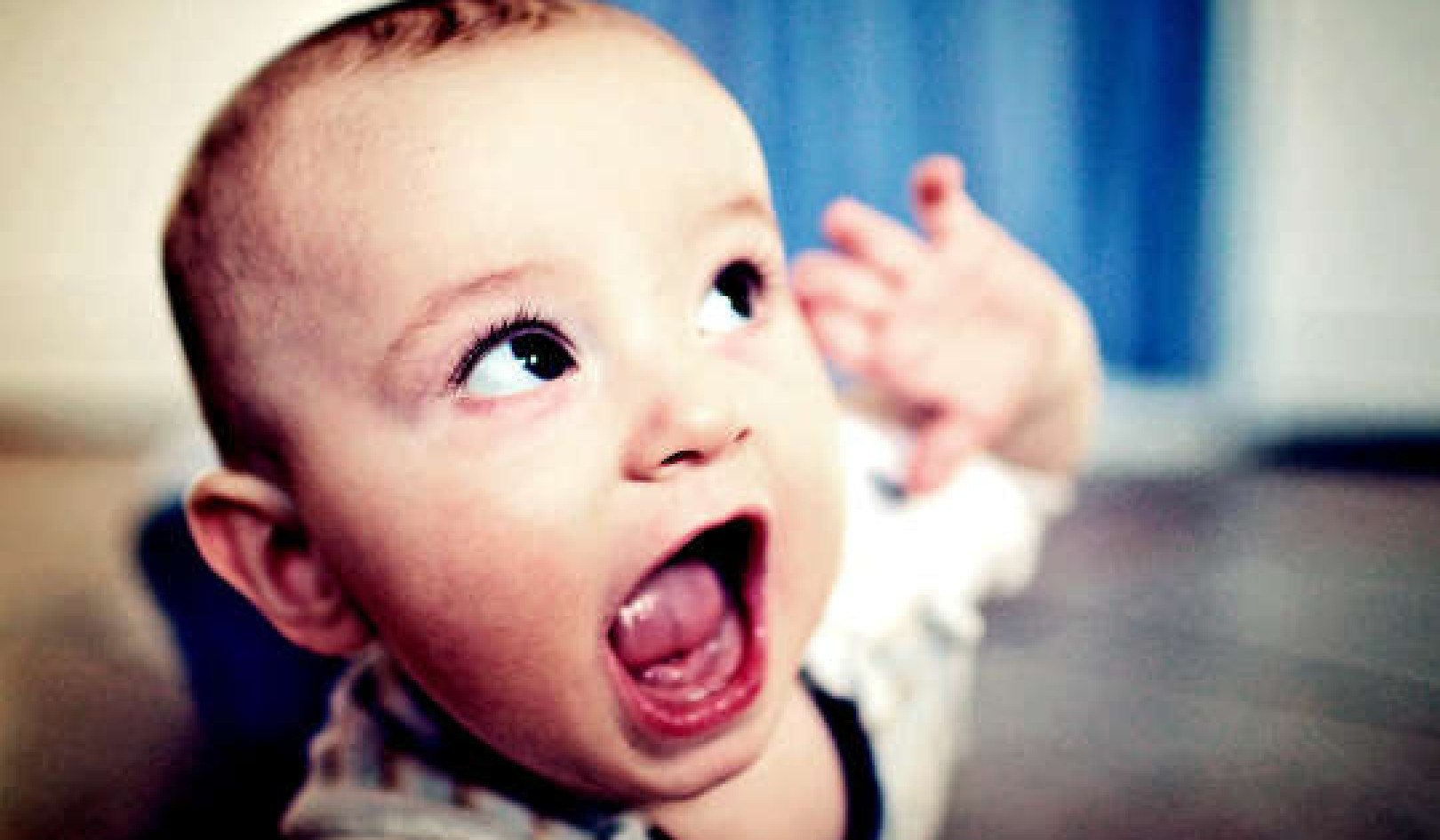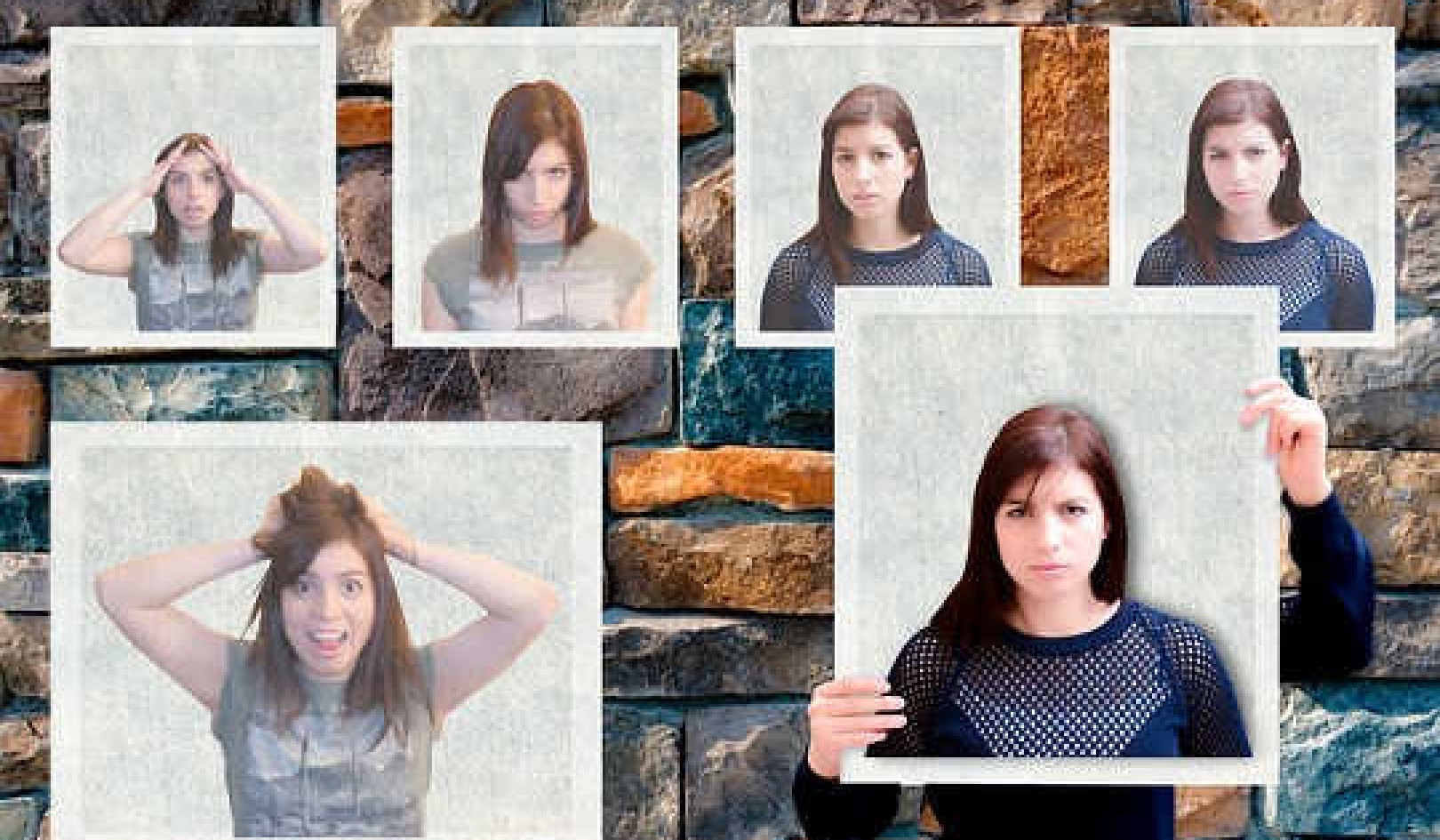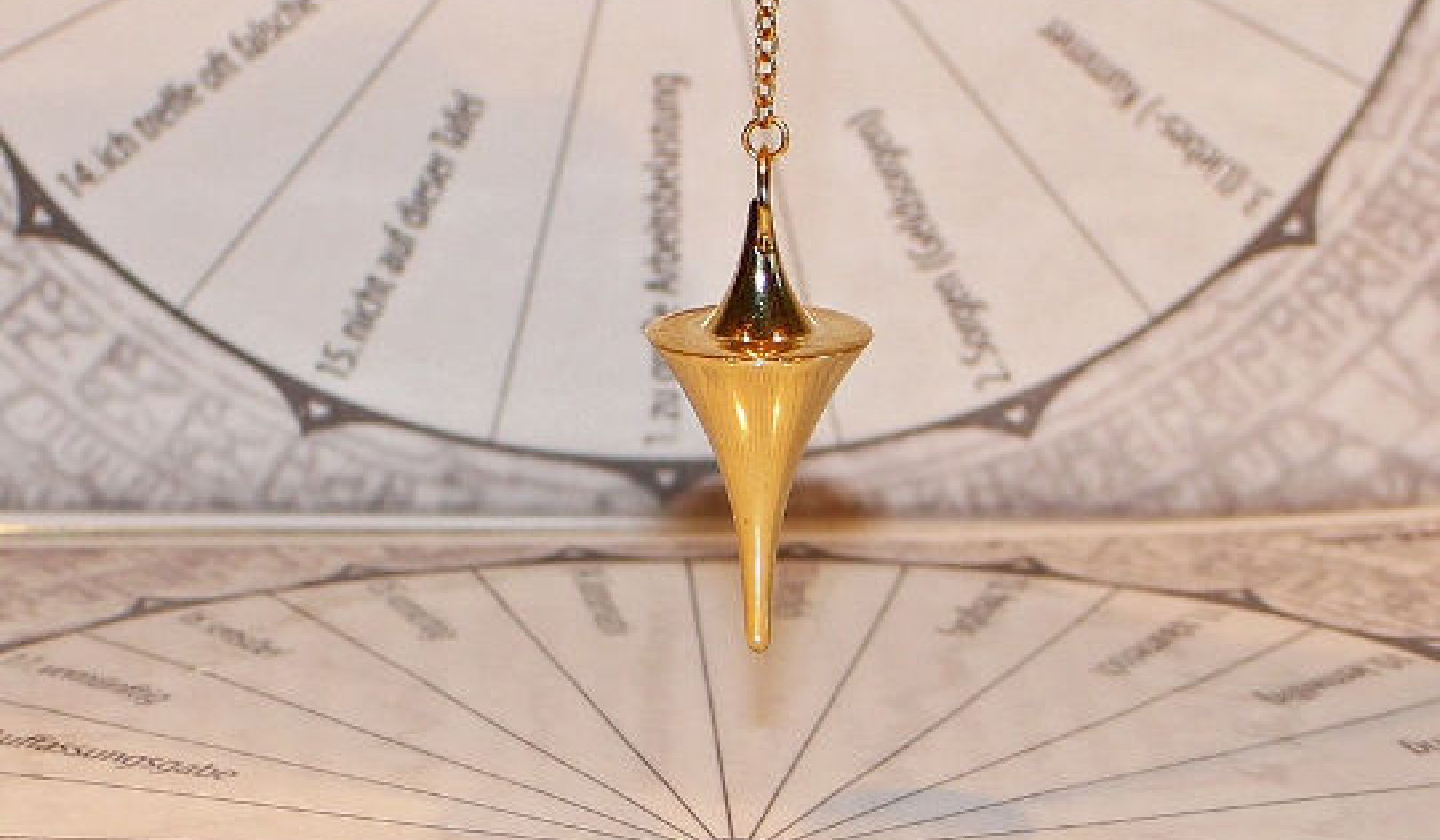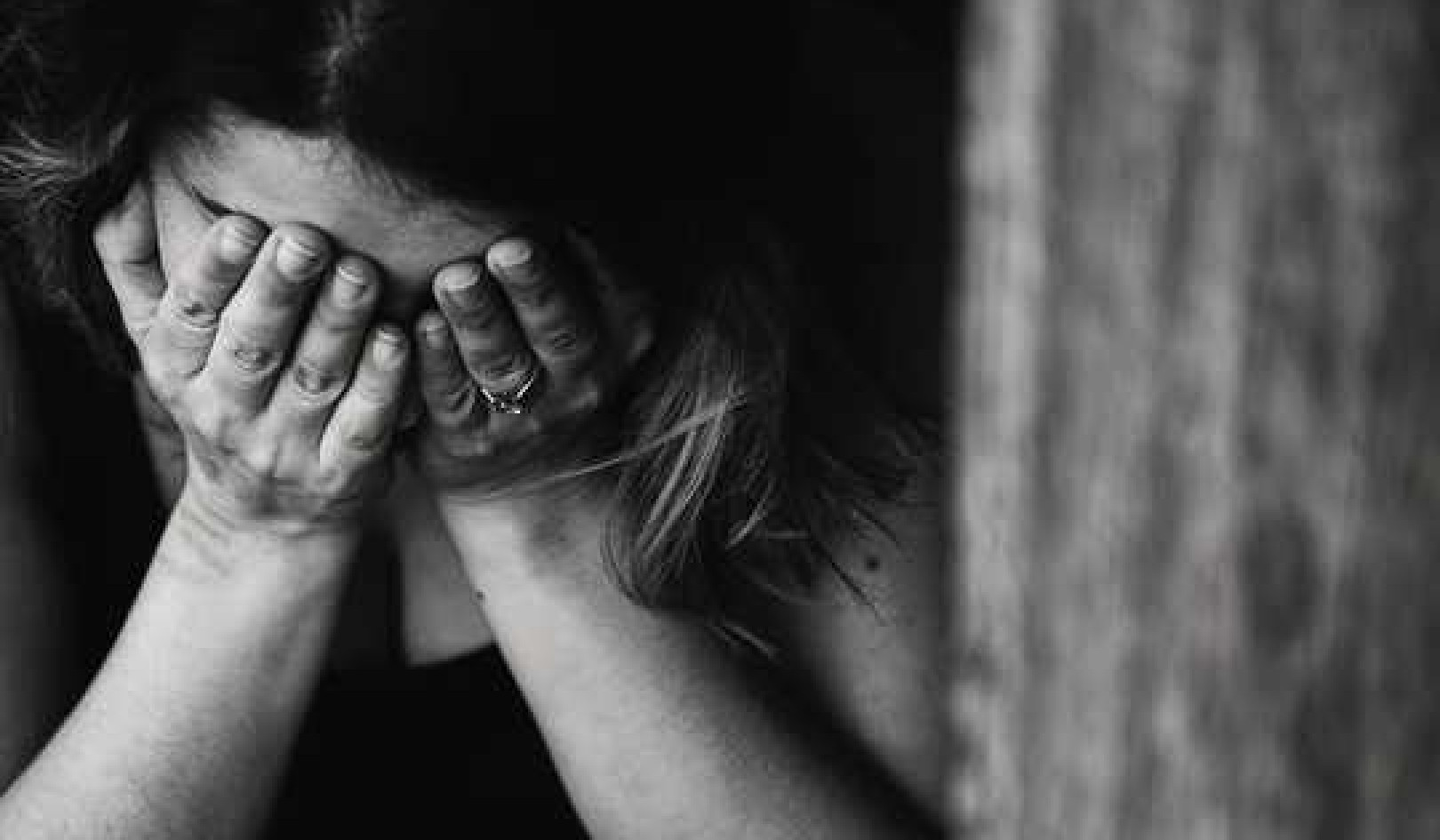
Consider this: if someone spits in your face—a big, sloppy clam—will you be angry?
My answer is: I can choose my reaction. I can choose to be angry and yell at him. However, that anger will be stored in my body. I, not he, will be harmed by my outburst.
Am I saying that what he did was right? No. I’m saying that I have not lived his history, nor do I have his perceptions. I don’t know why he did what he did; I know only that he did it.
Again, it’s my choice. I can choose outraged indignation, or I can choose a path of Unconditional Love. I can say, “Thank you, I have not had a shower today.” On the other hand, I can say, “Thank you. Did that make you feel better?”
Whether I choose to be angry or an observer determines what vibrational energy I put into my body.
Thus, my reaction is far more important than his action.
As we go through life, many of us begin to comprehend that there is no right or wrong. Things simply are.
Judgment or Discernment
Individual experiences grant us our perceptions, which in turn present us with another choice: judgment or discernment. Being able to tell the difference between the two is essential in maintaining a healthy energetic vibration in our bodies.
Judgment is a perception with an emotion attached to it. If I were to get angry with a man spitting in my face, that is judgment. If I notice someone wearing dirty clothes, and think that mine are cleaner, and therefore better, that is a judgment. The more I can stay out of judgment, the less low vibration energies are stored in my body.
Discernment is a perception with no emotion attached to it. It is looking at someone who spits in my face and thinking, “That is the path of his soul, and I respect it.” Discernment is recognizing when someone’s purpose or truth is different from mine. If it is unpleasant, such as the spitting, I can still honor that soul and its path, even if next time I cross the street to avoid him.
The more peaceful and calm we can look at our lives, the better we can make choices that keep us free from judgment. After all, it can be easy to blame or judge when things go awry. However, we chose to engage in the situation.
Ask yourself,
What is it I need to learn?
What do I need to discern from this situation?
How can I stay out of judgment?”
Each of us must look at who we are now as individuals, and look back at our past in an effort to recognize how we were raised, understand what we’ve learned, and apply those dynamics to ourselves as we are now.
We Always Have Choice, We Always Have Options.
We have the ability to look back at our lifetime; deal with whatever it is we need to look at either in psychotherapy or in deep meditation. The most important thing to get out of this, however, is an understanding of how you grew.
What was the positive learning lesson that became part of you during your time of stress? Duality must exist—for every negative there is a positive. Look back at your life and see the negatives, but find the positives and allow that to become your focus.
You can’t change your parents; you can’t change your siblings. These are wonderful mirrors for you to look at, and decide whether or not their behavior is what you want in your life. If it’s not one that you’d like to continue, then it is your responsibility to change behavior and lead a different life.
You can accept your parents and siblings for who they are, the beautiful souls that have come into this lifetime to help teach. Remember, however, that you can respect them for who they are, and yet walk a different path.
An important aspect of life is being able to look at our loved ones with discernment, not judgment. Love them for who they are, but understand when your lessons are learned; you’re now ready to move on to your next adventure.
Life is Perfect. There Is No Need to Judge.
All of the great Masters—Jesus, Buddha, Shiva, Abraham, and Mohammed, to name a few—have delivered a similar message: spirituality is the practice of Unconditional Being.
Also called Unconditional Love, Unconditional Being is the ability to accept that all is perfect, just the way it is, even if something does not make sense intellectually, or seems cruel or unfair. It is the ability to suspend judgment.
Truly, we do not need to judge.
Why?
Because life is perfect. We are perfect. How can we make mistakes when there is no right or wrong? We cannot. With each breath, we learn. When we suspend our judgments, we discern the lessons to be learned without recording low vibrations in our bodies.
When we stay in balance in our lives, we have simplicity at all levels.
No Limits, No Limitations
A psychologist friend once said to me, “What you don’t get is that you have limitations.”
“You’re right,” I said. “I don’t.”
“You don’t get it?”
“No, I mean I don’t have limitations. People do not have limitations.”
Limitations are perceptions we impose on ourselves, and not something inherently human. Yes, we do have physical limitations, but we can overcome many obstacles by not looking at life as an obstacle.
Remember, if you perceive a wall, then a wall is what you will get. However, if you change your perception of a wall and look at it as a stair, then you can create the next step in your life.
Setting goals is important because we are survivalists and achievers.
I can be an astrophysicist. Why? Because that’s where my true passion lies. I could fling numbers and theories around, splattering them against the wall like dabs of paint. Setting a goal in alignment with passion allows me to be successful.
Don’t tell yourself you’re not qualified. Instead, look at life and know that you’re qualified and able, and then look at what you are truly passionate about. Move forward from there. You may not achieve your goal in this lifetime, but you will achieve it—in God’s time, not your time.
Mind, Body, Spirit, and Limits
Each of us is body, mind, and spirit, and of the three, it is our minds that can limit us.
While the spirit is indeed most important, it’s our bodies that communicate messages from Source, because our bodies are solid, substantial forms that only relay truth. The more we listen to them, the better we accurately understand what’s happening in our lives.
When we try to use our minds to decipher messages, we limit ourselves. We doubt the accuracy of the messages, even though they are always the truth. We second guess ourselves, and can feel confused, or maybe we interpret it based upon the history of what we already know. Therefore, we aren’t open to every possibility, especially those we haven’t experienced yet.
My belief is that illness and pain are ways our bodies get the message across. We live at such a low vibration; it’s the only way our bodies can get our attention. It’s the only way we understand, and nothing happens by accident, not even the most insubstantial bruise. When we listen to the small clues— maybe a minor headache, dizziness, or perhaps a weakness of the muscles—and then trust those clues, we may not need to experience severe disease or pain.
Learn to Trust Your Body
Pay attention to what your body says, but, more than that, learn to trust it.
We often fear what could happen to us, rather than listening to the message our bodies are telling us.
Take this example: when a child falls and skins his knee, a parent may rush to him, creating emotional drama to go along with the event itself. A well-intentioned parent may say, “We’d better get that cleaned up or it might get infected.”
His body senses the parent’s fear, and he only hears, “It will get infected.” So his body responds with, “I can do that.” He’s learning to fear what could happen to him, instead of listening to and trusting his body. It also begins a pattern that if his body hurts, then it could be life threatening or serious.
Instead, if the parent calmly says, “Let’s go get that cleaned up. What can I do so that you are feeling more supported?” Then he is able to think about what has happened, listen to his body, and respond with what he needs. It could be as easy as working on his balance, or strengthening his legs. Or it could go deeper than the physical, and into the mental, such as becoming surer of himself.
A child does not fall for just any reason at all. Nothing happens by accident. It’s simply his body attempting to convey a message.
©2014 by Patti Conklin. All Rights Reserved.
Reprinted with permission of the publisher: Rainbow Ridge Books.
Article Source:
God Within: The Day God's Train Stopped
by Patti Conklin.
 Sometimes we believe pain is necessary to heal. We often don’t have the faith to believe miracles can happen in the blink of an eye. This book will help heal that illusion in an easy, comprehensive way. Whether you believe in science or faith, in truth the idea that they are separate is only a perception.
Sometimes we believe pain is necessary to heal. We often don’t have the faith to believe miracles can happen in the blink of an eye. This book will help heal that illusion in an easy, comprehensive way. Whether you believe in science or faith, in truth the idea that they are separate is only a perception.
Click here for more info and/or to order this book.
About the Author
 PATTI CONKLIN, Ph.D. is a Medical Intuitive, a “Vibrational Intuitive” with exceedingly rare vision and the unique ability to pull disease out of the physical body. Patti is a lecturer and teacher of vibrational medicine: the method of improving health and wellness through the neutralization of “negative” vibrations in the cells of the body. She is an incredibly sensitive and perceptive individual and a highly sought-after International speaker who shares her exceptional abilities in her workshops and private practice. Visit her website at patticonklin.com
PATTI CONKLIN, Ph.D. is a Medical Intuitive, a “Vibrational Intuitive” with exceedingly rare vision and the unique ability to pull disease out of the physical body. Patti is a lecturer and teacher of vibrational medicine: the method of improving health and wellness through the neutralization of “negative” vibrations in the cells of the body. She is an incredibly sensitive and perceptive individual and a highly sought-after International speaker who shares her exceptional abilities in her workshops and private practice. Visit her website at patticonklin.com
Watch a video with Patti Conklin, Medical Intuitive.
Also, a video in which she speaks about the concepts in God Within: The Day God's Train Stopped.

























